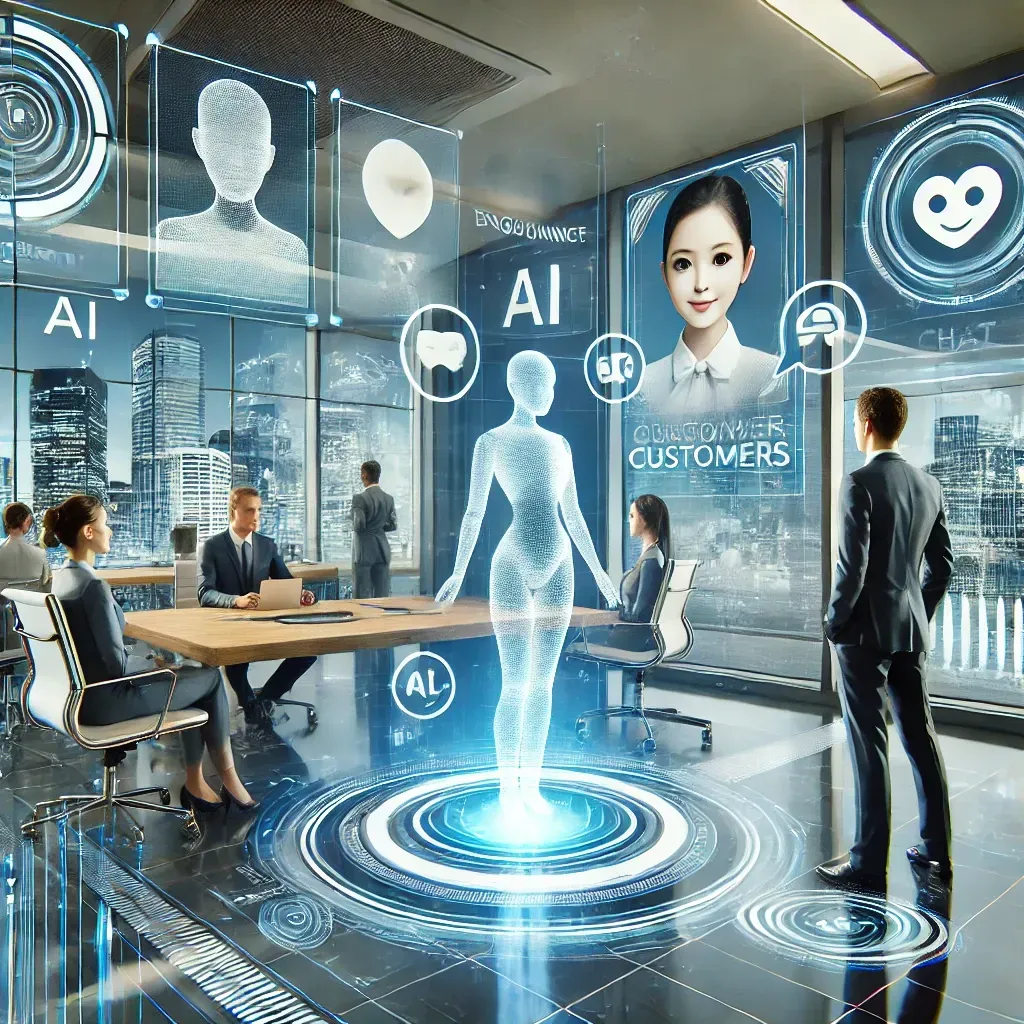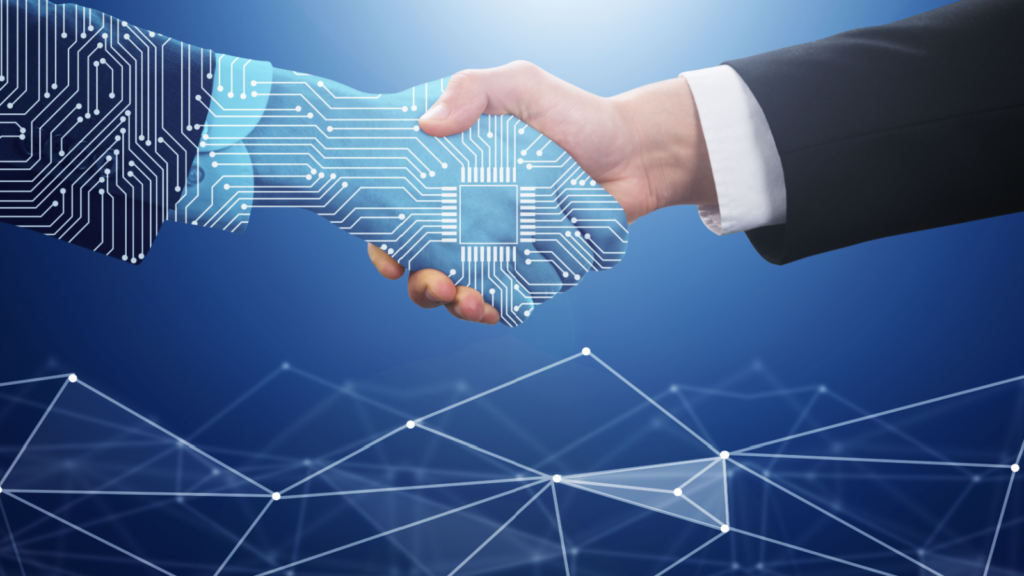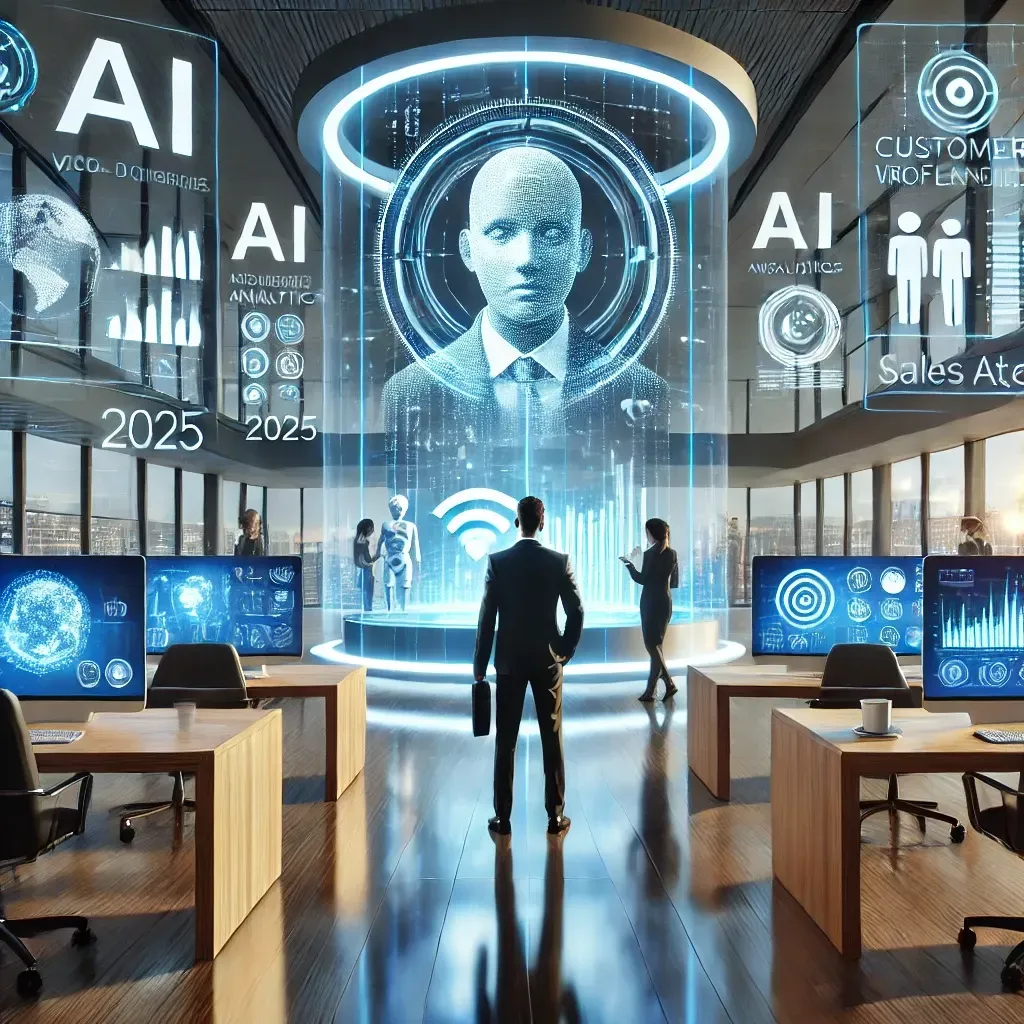The Transformative Impact of Technology on Business in 2025
In 2025, technology is not just influencing business; it is redefining the entire corporate ecosystem. Companies are leveraging emerging tech solutions to optimize operations, enhance productivity, and outpace competitors. Businesses that stay ahead of the curve by embracing innovative technologies such as artificial intelligence (AI), 5G, cloud computing, and cybersecurity advancements will dominate their industries. This article dives deep into the myriad ways technology will shape business practices in 2025 and beyond, offering a roadmap for enterprises to thrive in this rapidly evolving digital era.
Artificial Intelligence and Automation Revolutionizing Business Operations
Artificial intelligence (AI) continues to be at the forefront of technological advancements, driving automation and reshaping business strategies. In 2025, AI will be more sophisticated, enabling companies to optimize their operations through predictive analytics, natural language processing, and machine learning models that can handle complex tasks autonomously.
With AI, businesses can automate repetitive tasks, such as customer service interactions, through AI-powered chatbots and virtual assistants, ensuring 24/7 service availability and reducing operational costs. Furthermore, AI will be pivotal in analyzing vast amounts of data to uncover actionable insights, empowering companies to make informed, data-driven decisions. This level of automation will free up human capital to focus on more strategic and creative roles, fostering a more dynamic and innovative workplace.
5G and the Connectivity Revolution
The rollout of 5G technology is set to unlock new business potentials by providing faster data transfer speeds and ultra-low latency. By 2025, 5G will be ubiquitous, and its influence will extend far beyond improving internet connectivity. It will serve as a catalyst for other technologies, such as the Internet of Things (IoT), smart cities, and real-time data processing.
Companies will benefit from enhanced connectivity that facilitates seamless communication between devices, improved remote work capabilities, and enhanced collaboration across geographical boundaries. The ultra-fast data transfer enabled by 5G will also support the deployment of advanced technologies like augmented reality (AR) and virtual reality (VR) in training, product development, and customer engagement.
The Cybersecurity Paradigm Shift
As businesses integrate more digital tools and platforms, the cybersecurity landscape is undergoing a significant transformation to address evolving threats. In 2025, cyber risks will be more complex and sophisticated, targeting not only large enterprises but also small and medium-sized businesses. Cybercriminals will exploit vulnerabilities in interconnected systems, making robust cybersecurity protocols essential for all companies.
Businesses will need to invest in cutting-edge cybersecurity solutions such as AI-driven threat detection, advanced encryption techniques, and decentralized data storage models to safeguard sensitive information. Additionally, there will be a stronger emphasis on employee cybersecurity training to mitigate risks associated with social engineering and phishing attacks.
Cloud Computing and Hybrid Work Environments
Cloud computing has become the backbone of modern business operations, and by 2025, its role will be even more pronounced. Companies will increasingly adopt hybrid cloud solutions, allowing them to scale their IT infrastructure seamlessly while maintaining flexibility and control over their data.
This shift to the cloud will support the hybrid work model, enabling employees to work from anywhere with secure access to company resources. The enhanced scalability and collaboration tools offered by cloud platforms will boost productivity and ensure business continuity in an era where remote work is the norm rather than the exception.
Blockchain Technology for Transparent and Secure Transactions
Blockchain, initially recognized for its application in cryptocurrencies, will gain prominence in other business sectors by 2025. Its ability to provide transparent, immutable records of transactions makes it ideal for industries that require stringent data integrity and traceability, such as finance, supply chain management, and healthcare.
Businesses will leverage blockchain to enhance supply chain transparency, ensuring authenticity and reducing fraud. Smart contracts powered by blockchain will automate complex contractual agreements, streamlining processes and reducing administrative overhead. Moreover, blockchain’s decentralized nature will enhance data security, protecting sensitive information from cyber threats.
The Rise of Smart Manufacturing and Industry 4.0
Manufacturing is undergoing a digital transformation, driven by the convergence of IoT, AI, and advanced robotics. By 2025, smart factories will be the norm, characterized by interconnected machinery that communicates in real-time to optimize production processes.
These smart factories will utilize AI and machine learning to predict equipment failures before they occur, reducing downtime and maintenance costs. Additionally, robotics will play a crucial role in automating complex assembly processes, increasing production efficiency, and ensuring consistent product quality.
Customer Experience in the Digital Age
Technology is fundamentally changing the way businesses interact with customers. In 2025, customer experience will be highly personalized, with companies using AI and machine learning to predict customer needs and deliver tailor-made solutions. Businesses will deploy advanced CRM systems that track customer interactions across multiple touchpoints, ensuring a seamless experience throughout the customer journey.
AR and VR will also enhance customer engagement, allowing businesses to create immersive shopping experiences and virtual product demos. These technologies will blur the line between physical and digital interactions, enabling businesses to provide more engaging and interactive services.
Data Analytics and Business Intelligence
Data has become the lifeblood of modern business strategy. In 2025, companies will utilize big data analytics and business intelligence tools to gain deeper insights into consumer behavior, market trends, and operational efficiency. With advanced AI algorithms, businesses can identify patterns and trends that were previously undetectable, leading to more effective marketing strategies and improved customer retention.
Predictive analytics will become a key component of business strategy, allowing companies to anticipate market shifts and make proactive decisions. Organizations that harness the power of data will be better positioned to respond to changes and capitalize on emerging opportunities.
Sustainability and Green Technology
Sustainability is no longer just a buzzword; it is a critical business priority. By 2025, companies will adopt green technologies to minimize their environmental footprint and comply with stringent regulatory requirements. Innovations such as energy-efficient data centers, renewable energy sources, and sustainable supply chain practices will be central to business operations.
Businesses that prioritize sustainability will not only m
eet regulatory standards but also appeal to environmentally conscious consumers, enhancing their brand reputation and market share.
Preparing for the Future: Strategies for Business Success in 2025
To succeed in 2025, businesses must proactively adapt to technological advancements and leverage them to achieve strategic goals. Companies should invest in continuous employee training to build a tech-savvy workforce capable of utilizing these tools effectively.
Furthermore, organizations need to develop robust digital transformation strategies that align technology adoption with long-term business objectives.
By embracing these technologies and preparing for the future, businesses can not only survive but thrive in an increasingly digital and interconnected world.
Let’s talk!
Have a question or comment?
Let us know. (909) 362-3131
Mailing Address:
21736 Wesley Drive
Laguna Beach, CA. 92651










